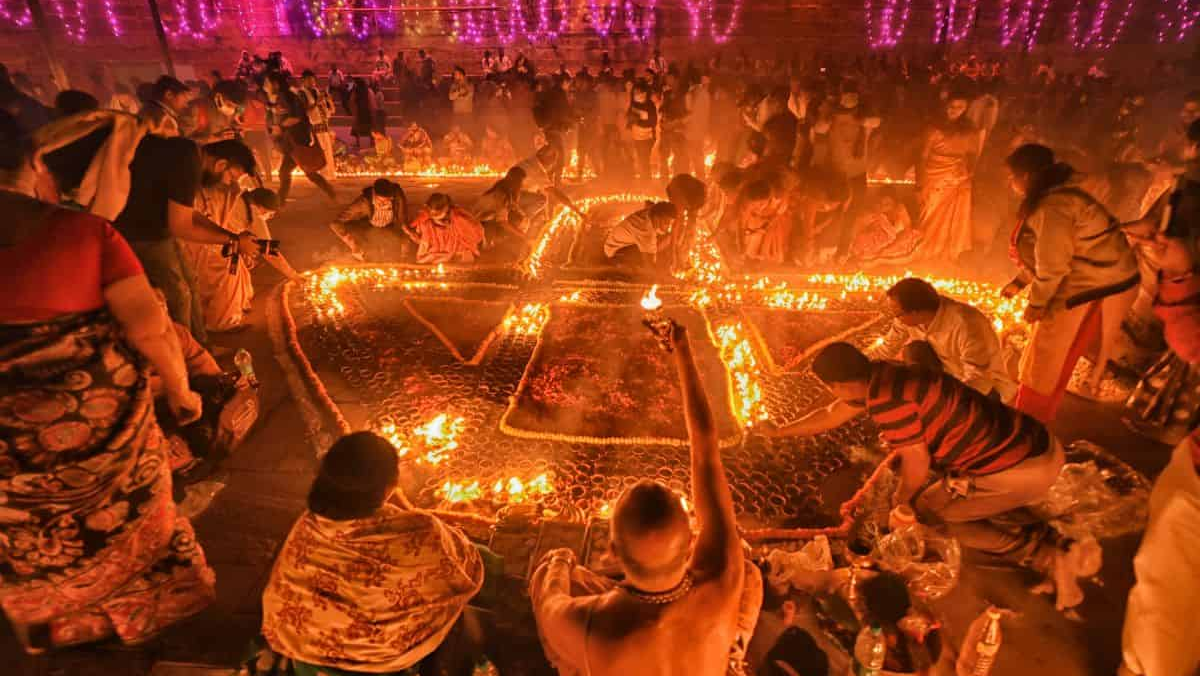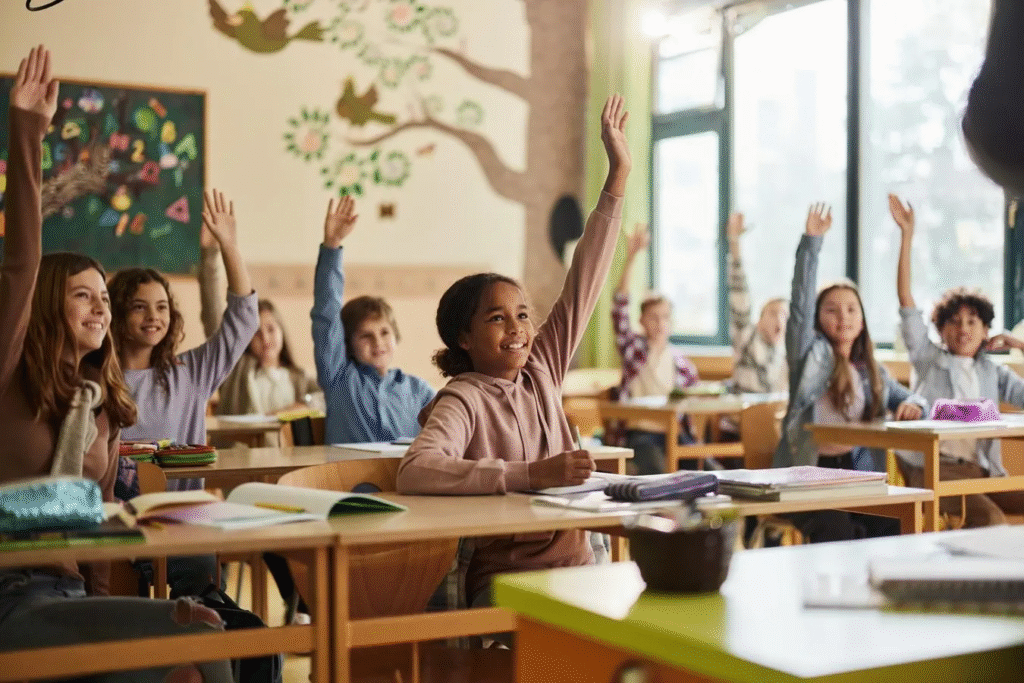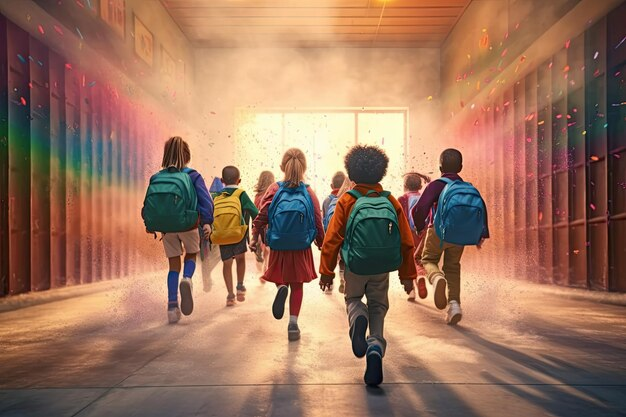Now Reading: Cultural and Social Issues: 7 Powerful Challenges Shaping 2025
-
01
Cultural and Social Issues: 7 Powerful Challenges Shaping 2025
Cultural and Social Issues: 7 Powerful Challenges Shaping 2025

Table of Contents
In today’s fast-changing world, cultural and social issues are no longer topics discussed only in classrooms or academic journals. They are at the heart of our everyday lives. From debates about gender equality and human rights to discussions around migration, technology, and cultural identity, these issues are shaping the way societies function and how people connect with one another.
This article takes a closer look at the major cultural and social issues in 2025, why they matter, and how they are influencing global communities.
Why Cultural and Social Issues Matter
Culture is the shared set of values, traditions, and beliefs that bind communities together. Social issues, on the other hand, are the challenges and concerns that affect people’s quality of life. When culture and social concerns meet, they create both opportunities and conflicts.
For example, globalization has brought people closer through trade, travel, and digital platforms. At the same time, it has sparked debates about the loss of cultural identity. Similarly, while technology has improved communication and access to knowledge, it has also widened the gap between people who can access it and those who cannot.
These examples show why cultural and social issues are more than abstract ideas they directly impact how people live, work, and interact.
Key Cultural Issues in 2025

- Preserving Cultural Heritage
Ancient traditions, languages, and art forms are at risk of being lost. Many governments and organizations are working to preserve cultural heritage, from UNESCO programs to local initiatives. Yet modernization and urban development often threaten historic sites and traditional ways of life. - Identity and Belonging
Migration and globalization have created diverse societies, but they also raise questions about identity. In multicultural cities, people often struggle to balance their cultural roots with the need to adapt to new environments. This tension can sometimes lead to misunderstandings and discrimination. - Generational Differences
Older generations often hold onto traditional values, while younger people push for progressive change. This gap is visible in areas like marriage customs, career choices, and lifestyle. In many cultures, debates continue about how much tradition should be preserved versus how much change should be welcomed.
Major Social Issues Today
- Gender Equality and Women Empowerment
The global movement for gender equality has made progress, but challenges remain. Women continue to face wage gaps, lack of leadership representation, and cultural barriers in many regions. At the same time, more women are breaking barriers in politics, business, and science, signaling a positive shift. - Education and Inequality
Access to quality education is one of the most pressing social issues. While technology has made online learning possible, millions of children worldwide still lack basic education opportunities. This gap continues to affect future job prospects and social mobility. - Climate Change and Social Justice
Climate change is not just an environmental concern—it is a social issue. Poor and vulnerable communities are often the most affected by floods, droughts, and rising sea levels. This has created a strong link between sustainability and social justice. - Mental Health Awareness
In 2025, mental health has become a global conversation. Stress, anxiety, and depression are increasing due to fast-paced lifestyles and social pressures. Governments and companies are investing more in mental health services, but stigma around the subject still prevents open discussions in many cultures.
The Role of Technology
Technology has been a double-edged sword in cultural and social issues. On the positive side, digital platforms allow people to share cultural traditions, organize social movements, and spread awareness about injustices. Social media has given marginalized communities a voice that was once missing.
However, the downside is equally significant. Online misinformation, cyberbullying, and digital addiction are creating new challenges. Social media platforms often amplify divisions instead of building bridges. Balancing technology’s benefits with its risks remains a central debate in 2025.
The Global vs. Local Debate

One of the most debated questions in cultural and social studies is: Should we prioritize global values or local traditions?
For example, human rights are considered universal, yet in some cultures, traditions clash with these standards. Similarly, global fashion and music trends are influencing younger generations, sometimes creating cultural tension with older communities. The challenge lies in finding harmony between global progress and local identity.
How Societies Are Responding
- Policy and Law
Governments are passing laws to protect cultural heritage, promote gender equality, and reduce discrimination. International organizations like the UN also play a major role in guiding policies on social issues. - Education and Awareness
Schools and universities are teaching students about cultural diversity and social responsibility. This helps create awareness from a young age and encourages tolerance and empathy. - Community Engagement
Non-profits, NGOs, and grassroots movements are empowering communities to speak up about their cultural and social challenges. These initiatives often bring more practical solutions compared to top-down policies.
Looking Ahead
Cultural and social issues will continue to evolve as societies change. Globalization, technology, and climate change will remain the driving forces behind these debates. The challenge for the future is not about choosing tradition over progress, or local values over global ones—it is about creating a balance that respects diversity while promoting equality.
In 2025 and beyond, cultural and social issues are not just challenges but opportunities. They provide a chance to build stronger, fairer, and more inclusive societies where every individual has the right to identity, dignity, and growth.
Read More:- Shobha Realty Launches Its Most Luxurious Project Yet—Full Details Inside 2025



















